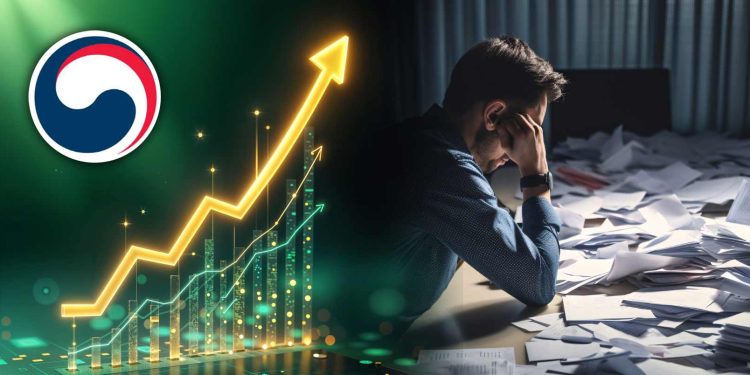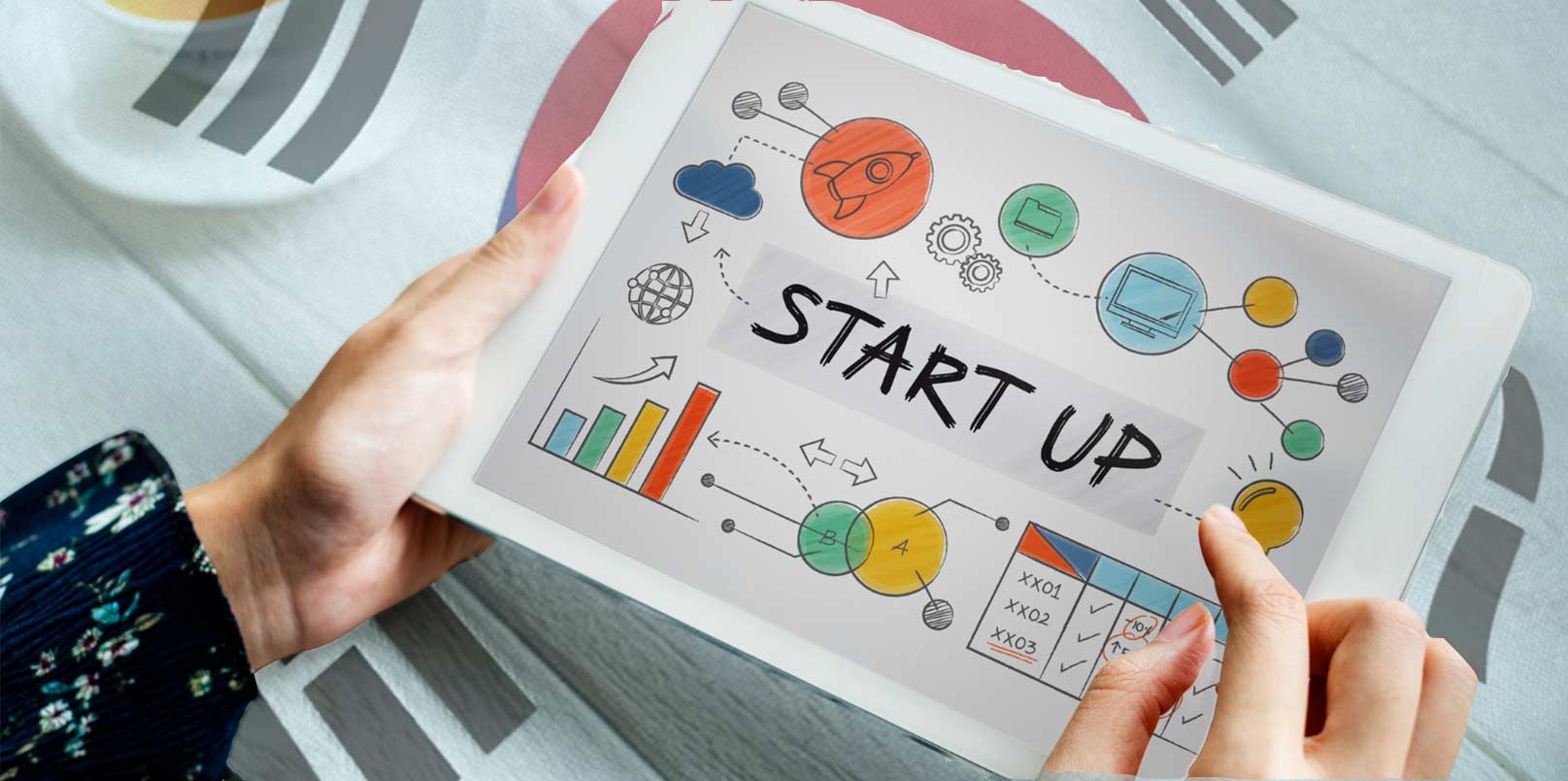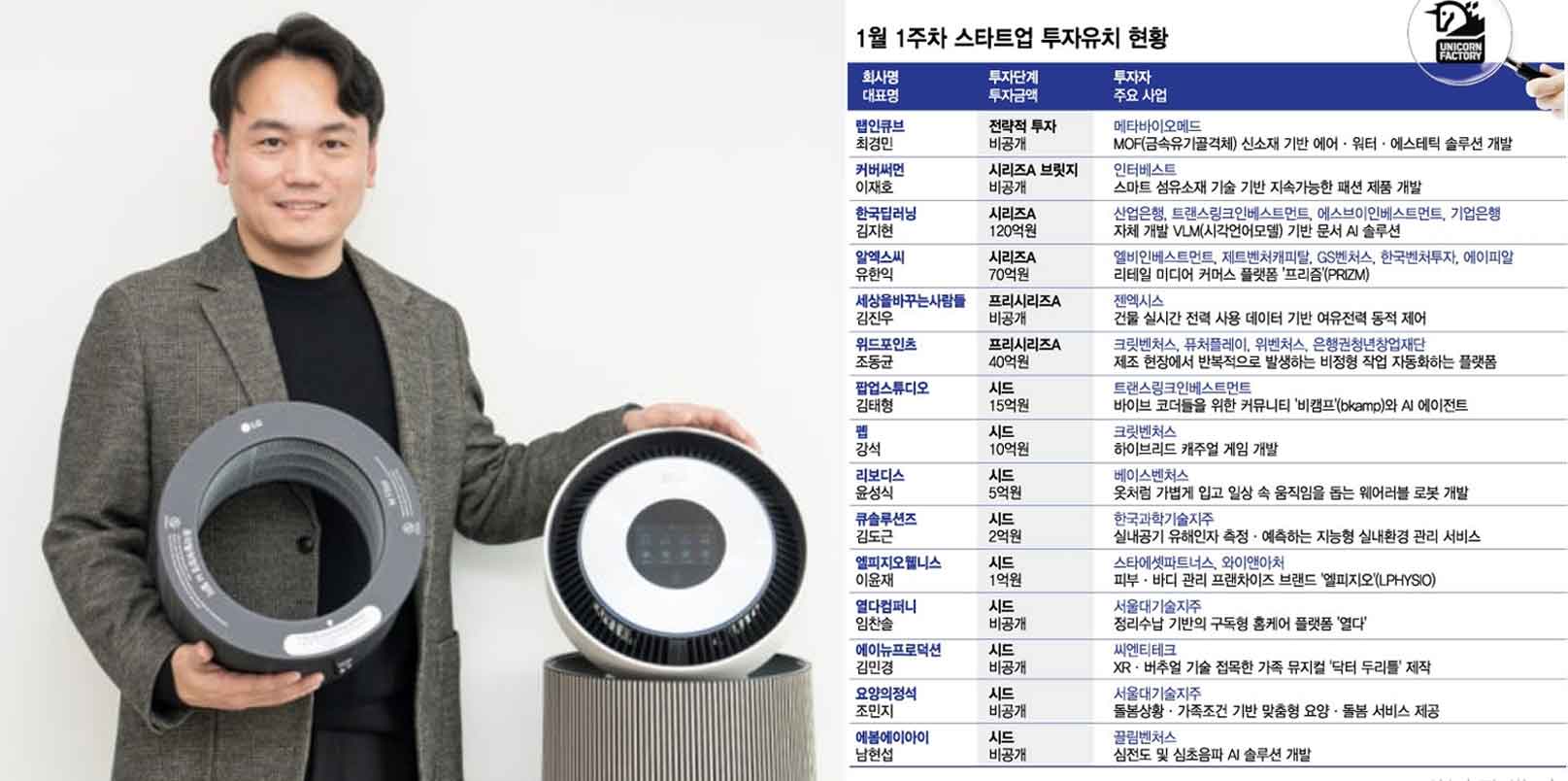On paper, Korea’s startup ecosystem looks as if it is finally breathing again. Policy scores are climbing, government and private programs keep expanding, and the country continues to position itself as a leading tech and venture hub. Yet beneath that recovery narrative, founders and employees report record-low satisfaction, exposing a structural gap between macro-level “success” and the human reality inside Korean startups.
Startup Sentiment Splits: Growth Above, Exhaustion Below
According to the Startup Alliance and OpenSurvey’s “Startup Trend Report 2025” as reported by Platum, Korea’s startup ecosystem score rose to 54.5, marking a two-year upward trend driven by aggressive public policy and active private acceleration. Government initiatives, expanded startup grants, and stronger venture support networks are fueling this surface-level recovery.
However, employee satisfaction tells a different story. Startup workers rated their job satisfaction at 35.0%, the lowest since records began and just over half the satisfaction level reported by employees in large corporations. Respondents expressed growing fatigue, describing a widening gap between policy-driven optimism and the on-the-ground realities of daily operation.
Korea’s Startup Scene: A System That Works, But People Burn Out
The government’s innovation strategy, backed by the Ministry of SMEs and Startups (MSS), has focused heavily on scale-up programs, AI transformation (AX), and venture revitalization. This has helped stabilize early-stage funding activity and restore investor confidence after two slow years.
Yet, like many maturing innovation economies, Korea’s ecosystem now faces a deeper challenge: sustainability of human capital.
As policy tools and funding channels expand, many startup professionals say the emotional and financial costs of survival have intensified. Rapid scaling, investor pressure, and regulatory uncertainty have created an environment where founders are structurally overworked yet under-supported.
While the startup ecosystem looks more balanced on paper—between public funding, private VC, and new regulatory support—the human side remains fragile. The ecosystem functions, but at a significant cost.
Policy Success Meets Human Fatigue in Korea’s Startup Landscape
Interviews with several founders further noted that while support programs are abundant, what’s increasingly scarce are the time, energy, and motivation needed to keep pushing forward under mounting pressure.
Analysts also suggest that while Korea’s innovation policy has indeed matured into a sophisticated system, its very success in expanding programs may be stretching the ecosystem’s participants to their limits.
Public initiatives such as TIPS, Scale-Up TIPS, and AI Transformation (AX) continue to drive investment, but insiders also caution that Korea risks achieving structural growth at the expense of founder well-being.
Recently, the government has begun integrating worker welfare compliance into startup funding eligibility, such as the active enrollment in Korea’s retirement pension system.
While this marks an important step toward balancing growth with responsibility, many observers note that such measures alone cannot ease the deeper emotional and structural strain faced by founders and startup workers across the innovation ecosystem.
A Warning Signal for Korea’s Innovation Model
These numbers reveal a striking paradox within Korea’s startup ecosystem — one that a Platum columnist recently likened to the world of Chainsaw Man.
South Korea is successfully strengthening its innovation infrastructure—venture investment is recovering, support mechanisms are stabilizing, and early-stage ecosystems are globally recognized.
And yet, job satisfaction figures and qualitative responses point to widespread fatigue among startup professionals. If left unaddressed, this could become a systemic gap that weaken the country’s long-term competitiveness.
The innovation economy depends on human creativity, yet burnout threatens to drain that very resource. That is why many ecosystem observers caution that sustaining motivation may become a greater challenge than securing capital in Korea’s policy-driven innovation environment.
Not only that but the findings also echo a growing sentiment among investors that quality of entrepreneurship—resilience, well-being, and mental stability—will define the next era of Korean innovation more than capital inflows or policy grants.
The Next Phase of Korea’s Startup Maturity
Finally, yes, Korea’s startup ecosystem has achieved a robust institutional foundation for innovation. And it may be something that many economies struggle to build.
But it must fully take note that systems alone cannot sustain momentum. The next stage of Korea’s innovation policy must go beyond expanding capital—it must protect the people powering it.
A policy framework that measures not just growth, but also quality of growth, will determine whether the country’s startup resurgence can truly last. As the ecosystem enters this new phase, the real challenge for policymakers and investors is not how to fuel more startups, but how to ensure they—and the people behind them—can endure.
– Stay Ahead in Korea’s Startup Scene –
Get real-time insights, funding updates, and policy shifts shaping Korea’s innovation ecosystem.
➡️ Follow KoreaTechDesk on LinkedIn, X (Twitter), Threads, Bluesky, Telegram, Facebook, and WhatsApp Channel.






